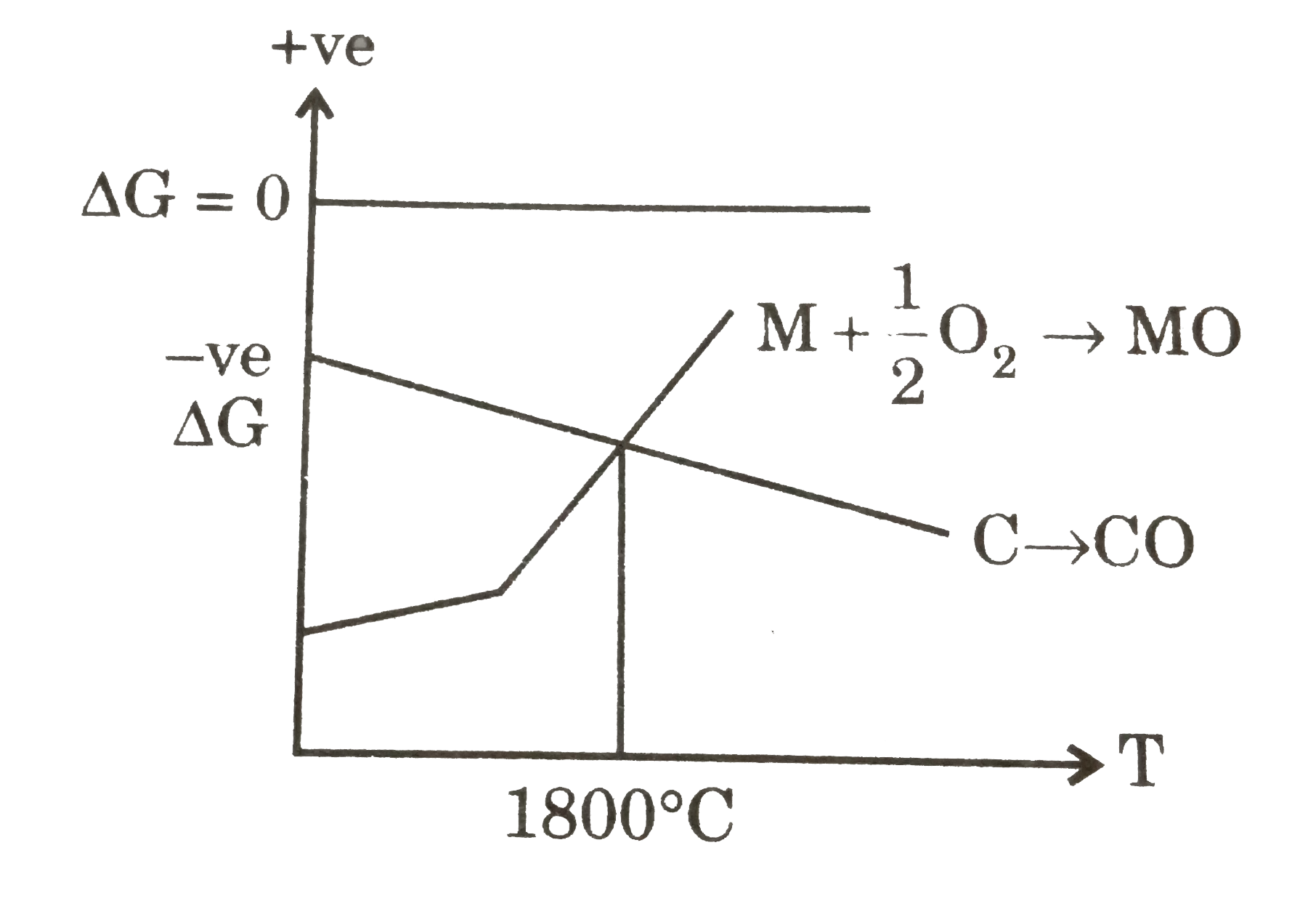What will be the value of ΔG for the ice at 8°C temperature ?
zero
+ve
−ve
one
The correct Answer is:C
Topper's Solved these Questions
- THERMODYNAMICSBOOK - KUMAR PRAKASHANCHAPTER - THERMODYNAMICSEXERCISE - Section - C Multiple Choice Questions (MCQs) (MCQs asked in JEE/ NEET / AIEE)
19 Videos
- THERMODYNAMICSBOOK - KUMAR PRAKASHANCHAPTER - THERMODYNAMICSEXERCISE - Section - C Multiple Choice Questions (MCQs) (MCQs asked in Board Exam)
26 Videos
- THERMODYNAMICSBOOK - KUMAR PRAKASHANCHAPTER - THERMODYNAMICSEXERCISE - Section - C Multiple Choice Questions (MCQs) (MCQs from Textual Exercise)
36 Videos
- THE s-BLOCK ELEMENTSBOOK - KUMAR PRAKASHANCHAPTER - THE s-BLOCK ELEMENTSEXERCISE - Section-D NCERT Exemplar Solution (Long Answer Type)
8 Videos
Similar Questions
Knowledge Check
If K<1,0, what will be the value of ΔG∘?
AZeroB1CPositiveDNegativeIf K<1.0, what will be the value of ΔG∘ of the following
A1.0BZeroCNegativeDPositiveFor a reaction at 25∘C,ΔG=12.7kJ when the reaction quotient Q=10.0. What is the value of ΔG∘ for this reaction?
A−12.1kJB7.0kJC18.4kJD37.5kJ
In a container of negligible mass 140 g of ice initially at −15∘C is added to 200 g of water that has a temperature of 40∘C. If no heat is lost to the surroundings, what is the final temperature of the system and masses of water and ice in mixture ?
View SolutionIn a container of negligible mass 140 g of ice initially at −15∘C is added to 200 g of water that has a temperature of 40∘C. If no heat is lost to the surroundings, what is the final temperature of the system and masses of water and ice in mixture ?
View Solution100g ice at 0∘C is mixed with 100g water at 100∘C. The resultant temperature of the mixture is
View SolutionA piece of ice is floating in a beaker containing water when ice melts, the temperature falls from 20∘C→4C When ice melts, the temperature falls from 20∘C→4∘C and the level of water :
View SolutionIn the following chemical reaction:
MO+CΔ−−→M+CO↑⏐⏐

ΔG overall of the reaction is zero at what temperature
View Solution
